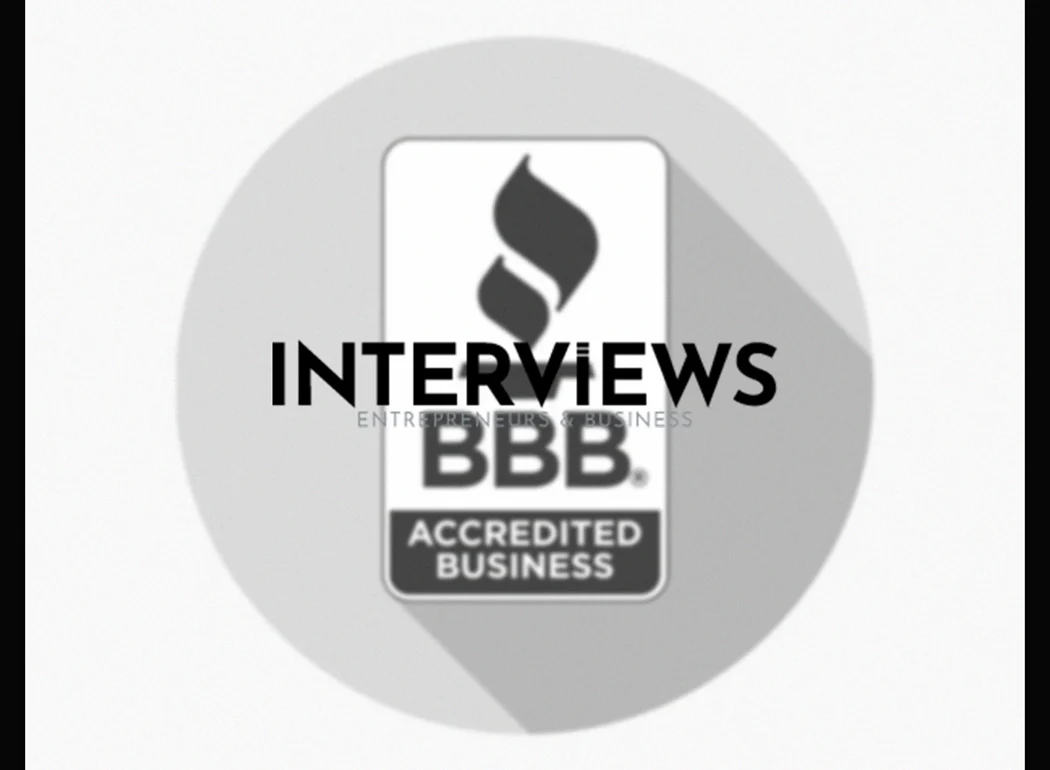Demystifying the Better Business Bureau: Is it Actually Worth Your Time?
The Better Business Bureau, or BBB, started in 1912. It’s not a government agency. It’s a private, non-profit group. Think of it as the early internet for business reputations, before the web became what it is today.
So, What Exactly Does the BBB Do? (And What’s in it for You?)
The BBB promotes trust between businesses and consumers. They act as a middleman in the market. They offer free services, mainly funded by businesses that pay to be “accredited members.” Think of it as an ethics club for businesses.
BBB: Your Free Toolbox for Consumer Intel
Need to snoop on a business? The BBB website is a digital dossier. It has business profiles, contact info, customer reviews, complaint histories, and ratings. Want to donate to charity? They evaluate charities so you don’t fund the wrong cause.
The BBB aims to help you shop smarter in a world full of choices and scams. They provide resources and tips, helping you avoid bad deals.
Complaint Department (aka, Let’s Air Some Grievances)
Have an issue with a business? The BBB acts as a mediator. They can’t force businesses to act but can help resolve disputes. They sometimes offer mediation or arbitration. They hope to help customers get heard.
Scam Alerts and Public Service Announcements (for Frauds)
The BBB shares scam intel with law enforcement. They educate the public on how to spot scams. The “BBB Scam Tracker” is a crowdsourced database that lists dubious activities. If it’s too good to be true, check this tracker first.
BBB Accreditation: The Golden Star Sticker for Businesses?
For businesses, BBB accreditation is like a gold star sticker. It costs money; businesses pay an annual fee to join. This fee funds the BBB’s mission. To get accredited, businesses must follow certain rules and promise to behave well.
Benefits of the BBB Seal: Does it Actually Open Doors?
Accredited businesses display the BBB seal in their marketing. It’s meant to boost credibility with consumers. Eighty-seven percent of surveyed accredited businesses think it helps. It may attract more customers, but results can vary.
Accreditation Costs: Show Me the Money!
What do businesses pay for this golden sticker? Fees vary. In 2025, expect to pay around $965 annually or about $85 monthly if you have more than 10 employees. These fees are tax-deductible and cover the review process.
BBB Standards for Trust: The Checklist for Goodness
What must a business do to be BBB-approved? They need a checklist. Businesses usually must have been operating for six months, possess the right licenses and bonds, and have a clean complaint record. Transparency and adherence to “Standards for Trust” are required.
Filing a Complaint with the BBB: How To and What to Expect
Ready to express your concerns? Filing a complaint with the BBB is easy. You submit your grievance online, and they notify the business in two days. The business has about 14 days to respond. Most complaints wrap up in 30 days.
What Kind of Fights Does the BBB Pick?
The BBB focuses on marketplace transactions. They handle disputes over products, services, advertising, and privacy issues. If you want a refund for a product that didn’t deliver, they may help.
What’s Off-Limits for the BBB?
Don’t contact them about employer-employee issues or discrimination claims alone. They won’t deal with criminal cases or ongoing legal disputes either. If it’s an HR or legal drama, the BBB won’t help.
BBB’s Power and Limitations: Truth Serum Time
Let’s be clear. The BBB has no real legal authority. They can’t shut down businesses or force refunds. Their power is in reputation and public image. They use public pressure to encourage better business practices.
What the BBB Can Actually Do (Hint: It’s Not Superpowers)
The BBB excels in sharing information, promoting transparency, mediating disputes, and warning about scams. They rate businesses from A+ to F based on complaints. This rating nudges businesses, but it’s not a punishment.
Is Filing a Complaint with the BBB Worth the Keyboard Time?
Short answer: maybe. If a business responds well to complaints, it might be worthwhile. Filing is free and quick, creating a record of your issue and holding businesses accountable publicly.
BBB Accreditation: Business Expense or Smart Investment?
The BBB Seal acts like a digital “trust me” sign. It can enhance credibility for accredited businesses. But is accreditation necessary? No. Many non-accredited firms are legitimate and may handle complaints without fees.
BBB Alternatives: Where Else Can You Shout Into the Void?
The BBB isn’t your only option. For complaints, consider your State Consumer Protection Office or the FTC. The FTC focuses on scams and deception. For public reviews, sites like Yelp and Google Reviews let consumers share their experiences freely.
BBB Today: Still Kicking or Kicking the Bucket?
Despite being old-school, the BBB remains large with over 100 local branches in the U.S. They still hold significant public attention related to business standards and operate on corporate memberships.
Complaint Aftermath: The Waiting Game
After you file a complaint, the business is notified and has 14 days to reply. Ignoring a complaint can hurt a business’s rating. This gives them incentive to respond to consumer grievances.
Other Things to Keep in Mind (Because There’s Always More)
Avoid BBB impersonator scams! Some send fake letters pretending to be from the BBB, trying to deceive you into giving money. Also check if BBB services are available in your area. Their reach can differ from place to place.
So, is the BBB “worth it?” For consumers, it’s a free tool for business information with some limits. For businesses, accreditation is a paid trust badge and its value varies. Like any tool, it’s helpful in some cases but not all. Don’t expect them to be superheroes; they’re more like concerned observers with a megaphone.





